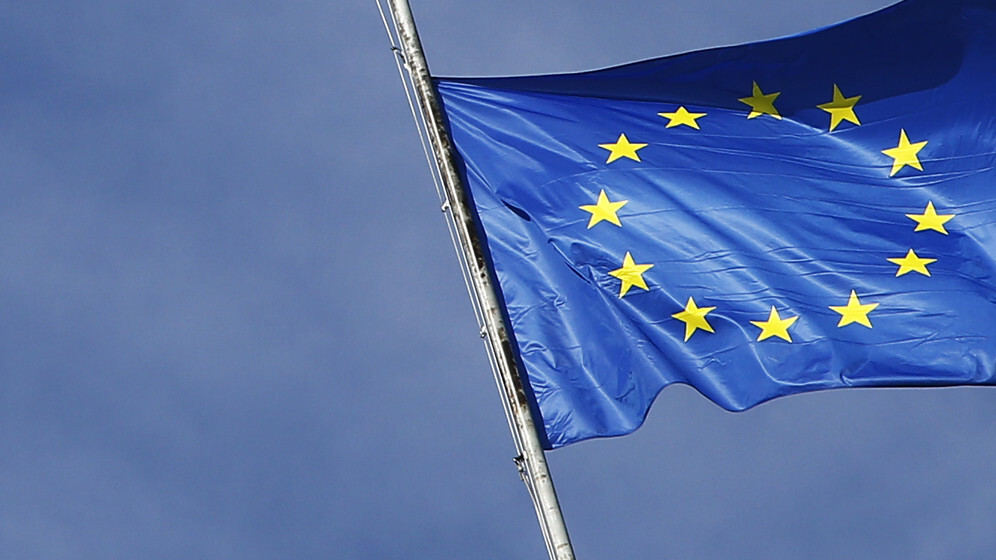
Keeping pace with broadband and 4G LTE developments will be a near impossibility if Europe maintains a system of fragmented telecoms markets and providers, according to the Vice President of the European Commission and Digital Agenda Commissioner Neelie Kroes.
Kroes has been pushing for reforms to the telecoms markets across Europe for some time now, touting the benefits of simplified roaming and guaranteed net neutrality for all. Currently, there are more than 100 operators working across European countries.
On Monday, Kroes delivered another shot across the bows of any industry holdouts curious as to what her intentions might be.
“Current trends are not sustainable. Operators cannot reach economies of scale, and face barriers at every turn. They can’t think European and compete globally. They can’t invest in the broadband we need. Our citizens cannot enjoy innovative new services. And companies doing business in different member states don’t have the networks to match: because arranging seamless communication services is costly and difficult. And that’s a serious barrier to growth,” Kroes told industry stakeholders in Brussels on Monday.
She also re-iterated her desire to put an end to mobile roaming charges for calling, text and data usage while not in your home country.
A long road ahead?
While some might think the process of creating a single telecoms market from a starting point of more than 100 operators across 27 member states could take a long time, Kroes is cutting straight to the heart of the matter and said she is not interested in “some big ideological initiative” or getting rid of national regulators as it would simply take too long, even if it was desirable.
“I don’t want to needlessly centralise into new institutions. I don’t want to grab powers or rights ‘just because’,” she added.
Instead, Kroes proposed a ‘passport’-like system for operators that would allow an operator in one country to far more easily break into new markets in a different EU member state, as is seen in other sectors such as banking.
Kroes also criticized the uncoordinated allocation of mobile spectrum in the EU, describing it as looking like “a plate of spaghetti” and insisting that the knock on result is that “handset makers largely ignore the European market when planning their latest gadget”.
She also said that consumers and businesses should be able to benefit from a reformed single telecoms market, with individuals able to enjoy consumer protection whichever country they are in or whoever their provider is, and businesses able to depend on a simplified set of rules and regulations.
The end of roaming
Kroes said just last week that proposals to reform the telecoms market in the EU had been fast-tracked and could arrive as soon as 2014, effectively putting an end to roaming charges by next year. However, a source inside the Commission told The Next Web that this was the very earliest date it could happen and that it could in theory take until around 2017 at the latest.
The mobile industry would likely benefit in some ways, such as ease of operating in new markets, but is also likely to exhibit reluctance to usher in regulations that would bring an end to their lucrative roaming fees.
“Businesses aren’t in competition with their customers. Neither exists without the other! So for those who say – I find this bit sweet, but this bit sour, I say that’s the wrong way to look at it. This is a package to benefit everyone,” Kroes said.
She also noted that in the US revenues per subscripotion are nearly double those of inside the EU, despite the fact that the cost of calls per minute is more than three times lower.
“We shouldn’t be fighting over crumbs: we should be making the pie bigger. And that is exactly what we will do: with fewer barriers, better services, and fairer prices,” she added.
Image Credit – ALEXANDER KLEIN/AFP/GettyImages
Get the TNW newsletter
Get the most important tech news in your inbox each week.





